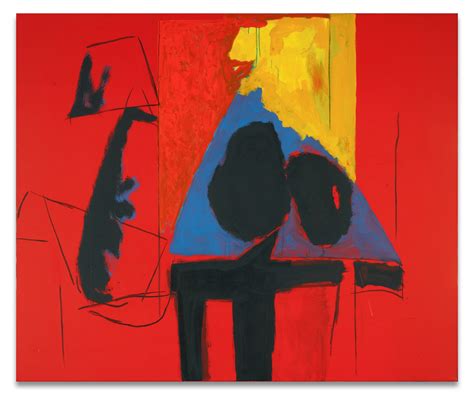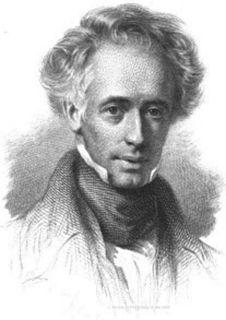A Quote by Albert Einstein
I believe that the first step in the setting of a real external world is the formation of the concept of bodily objects and of bodily objects of various kinds.
Related Quotes
When he tries to extend his power over objects, those objects gain control of him. He who is controlled by objects loses possession of his inner self... Prisoners in the world of object, they have no choice but to submit to the demands of matter! They are pressed down and crushed by external forces: fashion, the market, events, public opinion. Never in a whole lifetime do they recover their right mind!... What a pity!
It is clear that everybody interested in science must be interested in world 3 objects. A physical scientist, to start with, may be interested mainly in world 1 objects--say crystals and X-rays. But very soon he must realize how much depends on our interpretation of the facts, that is, on our theories, and so on world 3 objects. Similarly, a historian of science, or a philosopher interested in science must be largely a student of world 3 objects.
I agree that science is the best way of understanding the natural world, and therefore that we have reason to believe what the best science tells us about the objects in that world and the relations between them. But this does not mean that the natural world is the only thing we can have true beliefs about. The status of material objects as things that are "real" is a matter of their having physical properties, such as weight, solidity, and spatio-temporal location. In order to be real, such things need not have, in addition to these properties, some further kind of metaphysical existence.
The first step in wisdom is to know the things themselves; this notion consists in having a true idea of the objects; objects are distinguished and known by classifying them methodically and giving them appropriate names. Therefore, classification and name-giving will be the foundation of our science.
Fashion is not a real element of beauty in external objects; and to persons who possess a good endowment of Form, Constructiveness and Ideality, intrinsic elegance is much more pleasing and permanently agreeable, than forms of less merit, recommended merely by being new. Hence there is a beauty which never palls, and there are objects over which fashion exercises no control.
One of the most destructive forces in the world is love. For the following reason: The world is a conglomeration of objects, no, of events and the approachings of events towards objects, therefore of becoming stases static stagnant, of all that is unreal. You get in the world, you get your daily life your routine doesn’t matter if you’re rich poor legal illegal, you begin to believe what doesn’t change is real, and love comes along and shows all these unchangeable for ever fixtures to be flimsy paper bits. Love can tear anything to shreds.
There's one uneasy borderline between what is external and what is internal, and this borderline is defined exactly by the sense organs and the skin and the introduction of external things within my own body. Consciousness is altered by physical events and physical objects, which impinge upon my sense organs, or which I introduce into my body. Now the name traditionally given to external objects or processes which change you internally is sacrament. Sacraments are the visible and tangible techniques for bringing you close to your own divinity.
The identifying personal association with objects, which are not personal, is an important modern experience - our real association, the strands of our feelings about the objects that surround us. It's also because they are so familiar, we don't think of them as important in the world, but actually they are the world. We are living in a very material world.
Our initial sensory data are always "first derivatives," statements about differences which exist among external objects or statements about changes which occur either in them or in our relationship to them. Objects and circumstances which remain absolutely constant relative to the observer, unchanged either by his own movement or by external events, are in general difficult and perhaps always impossible to perceive. What we perceive easily is difference and change and difference is a relationship.




































